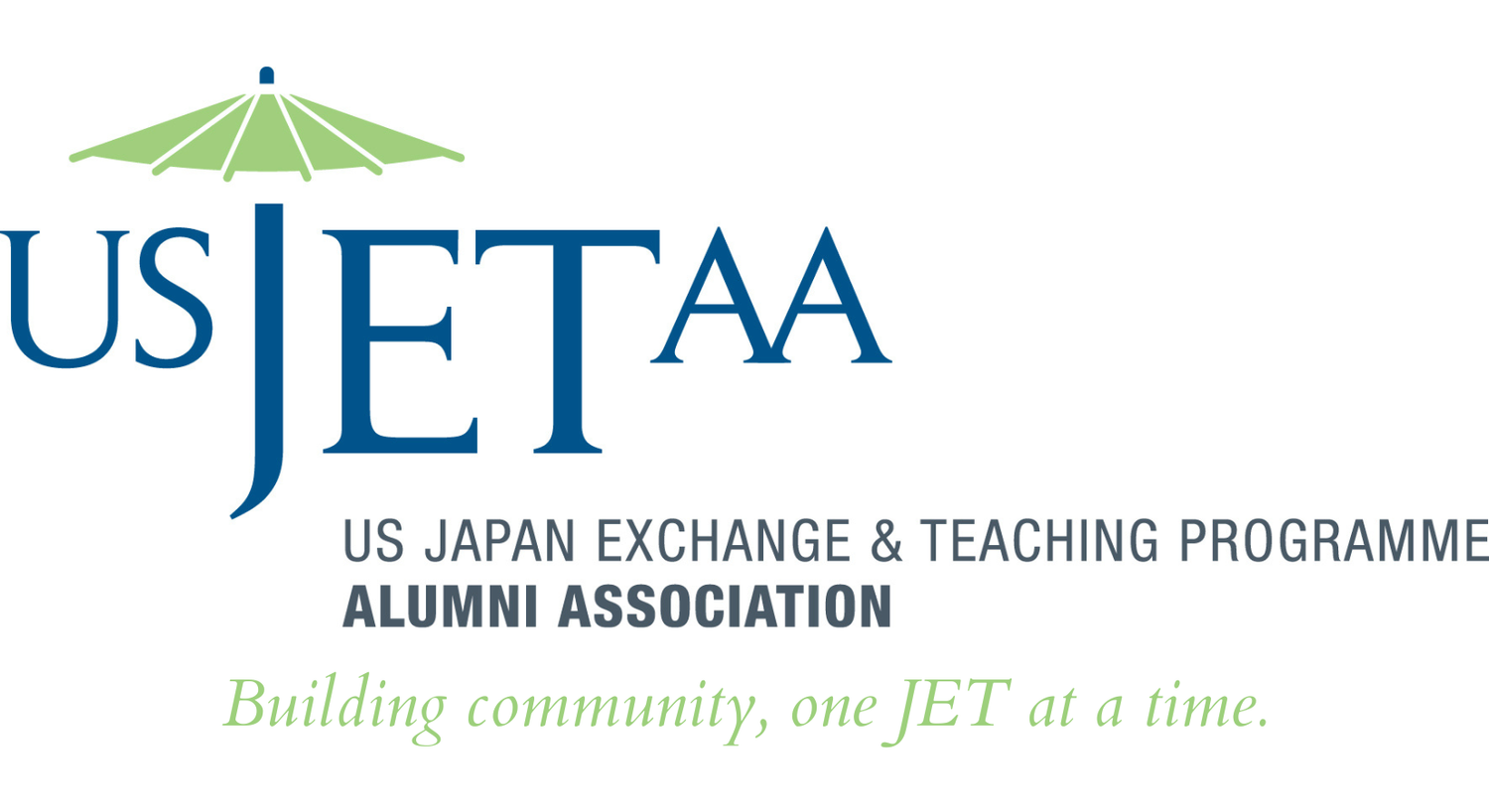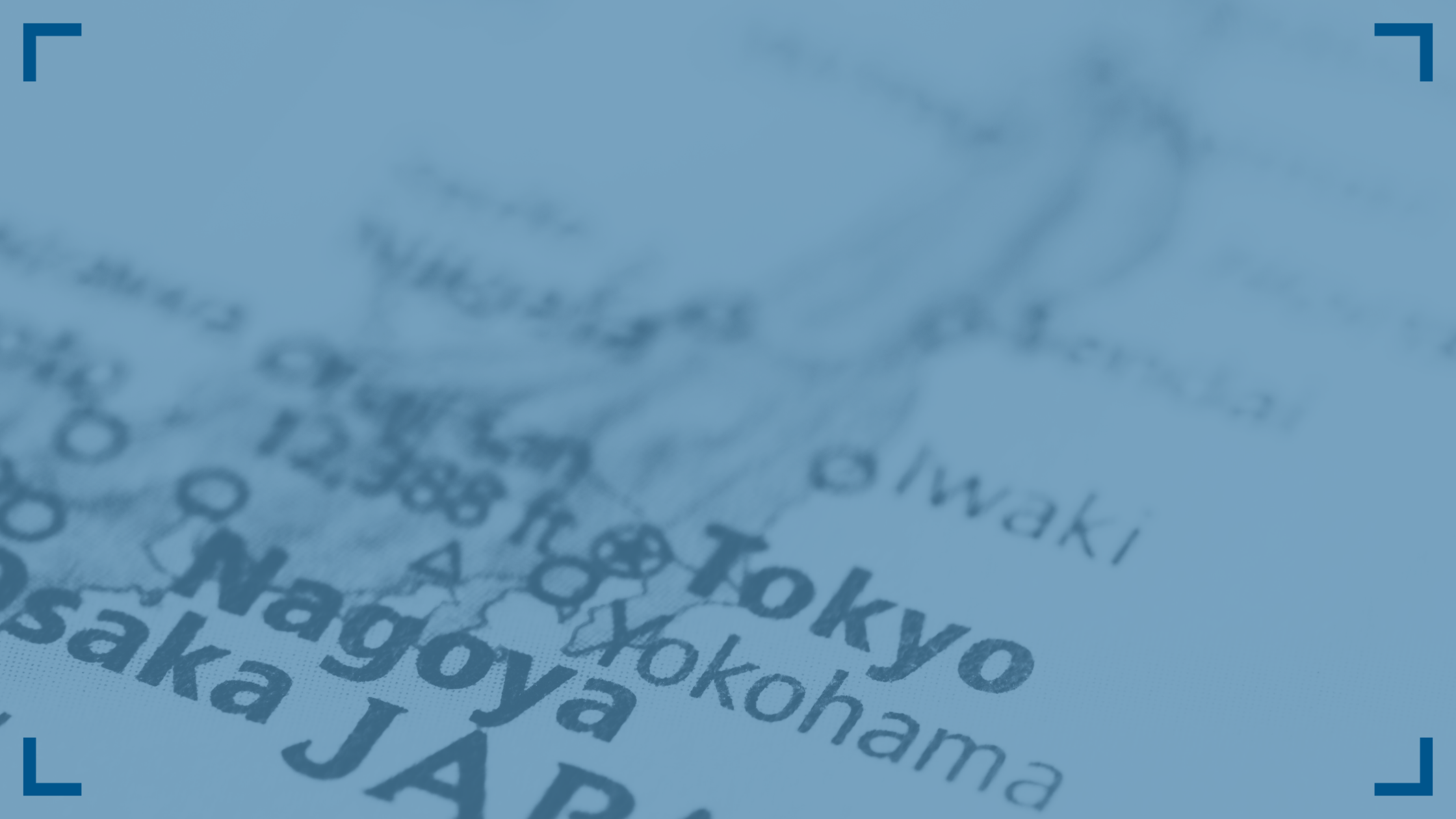JETs on Japan
Submissions
The period for abstract submissions closed on June 10, 2024.
We look forward to opening them again next spring.
FAQs
Background:
USJETAA and Sasakawa Peace Foundation USA (Sasakawa USA) have partnered to host JETs on Japan to publish articles offering JET alumni perspectives on US-Japan relations. This publication series provides a platform for JET alumni to draw on their work in different fields to contribute to a deeper understanding of US-Japan relations, while also elevating the visibility of exceptional alumni.
Articles should be analytical in nature and targeted at a policy-savvy, general audience and showcase or highlight areas where US-Japan cooperation and collaboration has been or would be beneficial. We encourage submissions from all JET alumni, whether you are a senior-level Japan expert or a current graduate student trying to break into the US-Japan field. Published articles are posted on USJETAA’s website and disseminated through newsletters and social media. Authors receive an honorarium (typically $250) upon publication.
Please take a look at past publications such as Artificial Intelligence & US-Japan Relations, US-Japan Trade Relations: From Adversaries to Allies, and Marriage Equality Trajectories in the United States and Japan as a reference to ensure your abstract aligns with the editorial focus of this publication series. A complete library of past publications can be found at the bottom of the JETs on Japan main webpage.
-
You must be a JET Program alum to apply.
You must be a registered member of USJETAA (free and supporting memberships available).
Submissions must be original content and not previously published elsewhere.
-
Submit the following items via email to contact@usjetaa.org (Subject line: JETs on Japan Submission) prior to the deadline:
an abstract (maximum: 300 words) on the proposed topic
an author bio
a writing sample
Abstracts are selected based on the salience of the proposed topic, writing quality and style, and how well they fit the organizers’ current priorities.
-
Submissions should provide in-depth commentary or analysis from the JET alumni perspective on political, economic, or diplomatic ties between the United States and Japan. Priority is given to those that illustrate how US-Japan ties enrich US and Japanese communities or those that add to the public understanding of issues in US-Japan relations. We particularly welcome pitches addressing the following topics:
Issues in US-Japan relations (grassroots and public diplomacy, economic/business relations, security and military cooperation, sister city/local ties, international exchange, etc.)
US-Japan relations in the global or regional context
US-Japan cooperation on international challenges (disaster resilience, environment and sustainability, global health, humanitarian assistance, etc.)
US-Japan shared challenges (entrepreneurship and innovation, social justice, governance, societal issues, etc)
Other US-Japan cooperation (joint approaches to education or language learning, science & technology, peace and security, etc.)
Please look at previously published articles to gain a better understanding of themes that align with this series.
The full article should be between 1,500-2,500 words. (This word count does not include the title, abstract, author biography, or footnotes if needed.)
Content and citations within submissions must be formatted per the Chicago Manual of Style Notes and Bibliography citation and format style.
USJETAA reserves the right to edit all submissions for length and clarity.
USJETAA and Sasakawa USA retain the rights to all content published and may post the article on related websites and platforms.
Authors retain the rights to all original research, which may be used in the creation of other content such as articles and research projects.
JETs on Japan Forum articles may be published by the author elsewhere with written permission from USJETAA and acknowledgment of first publication through the JETs on Japan Forum. Email contact@usjetaa.org to request to publish content elsewhere.
-
After consultation between USJETAA and Sasakawa USA, selected authors will be invited to make full submissions.
Submission of an abstract or article for consideration does not guarantee the article will be published. Furthermore, communication from USJETAA staff, including requests for edits to a submission, are not a guarantee that a submission will be published.
Articles will go through a content and copy editing process as well as a layout and design process. Authors will have a chance to review their article throughout the process. USJETAA reserves final editing privileges.
Authors will receive an honorarium (typically $250) upon the article’s publication.
Publication Process
About the Sasakawa USA/USJETAA Partnership to Promote JET Alumni Engagement in US-Japan Relations
The partnership between Sasakawa USA and USJETAA encourages American JET alumni in deepening and strengthening the US-Japan alliance through soft diplomacy and educational activities that promote mutual understanding between the United States and Japan. Since 2016, Sasaawa USA and USJETAA have offered a competitive mini-grant program vis-à-vis the 19 JET Alumni Associations (JETAA) chapters and sub-chapters aimed at increasing their capacities to host meaningful and impactful programming that highlight the bilateral relationship in their local communities. In 2018, SPFUSA and USJETAA expanded their partnership to include programming that enabled JETAA chapter leaders and individual JET alumni to stay engaged and informed on current issues within US-Japan relations. They also host the JETs on Japan Forum, which serves as resource for the wider JET and US-Japan communities and demonstrates how JET alumni are continuing to serve as informal ambassadors in US-Japan relations.






